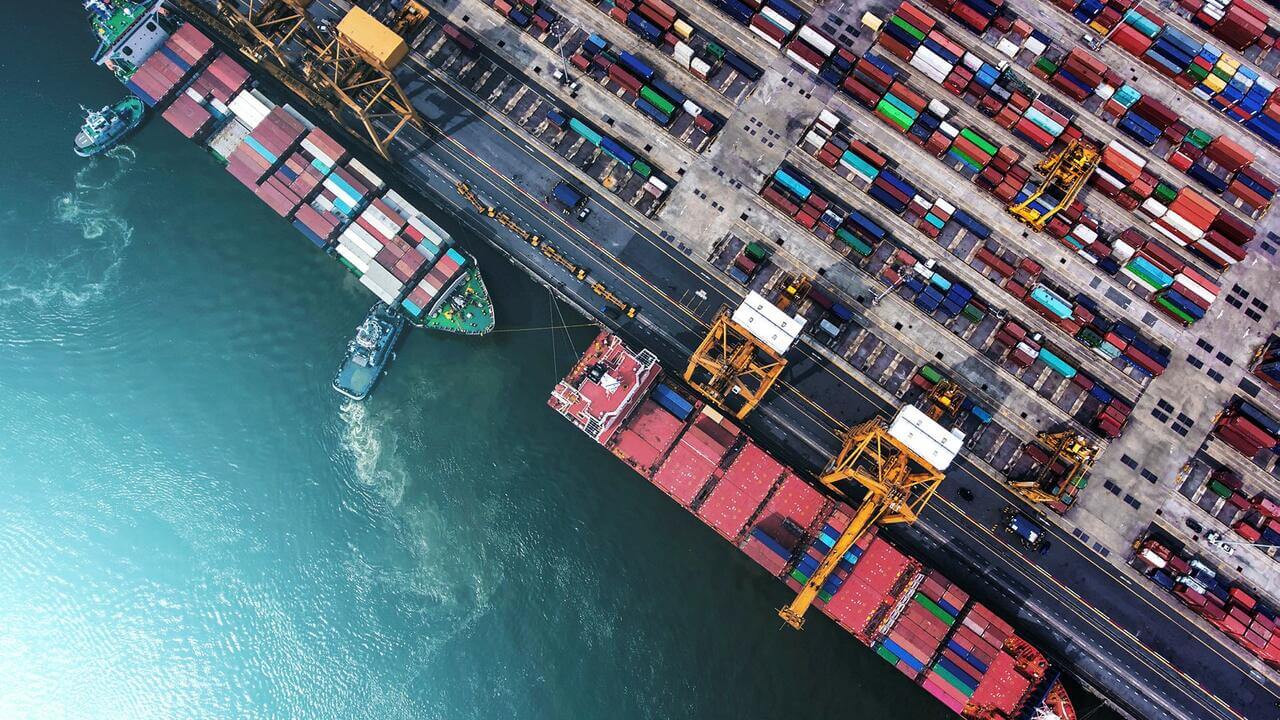
Our Projects are
Transforming African Trade
Quick Contacts
2nd Floor, Fidelity Insurance Centre Waiyaki Way, Westlands

Realising the benefits and opportunities of the African Continental Free Trade Agreement (AfCFTA) requires proactive collaboration between all levels of government and businesses, says Director of Africa Bilateral Economic Trade at the Department of Trade, Industry and Competition, Calvin Phume.
Phume was addressing the AfCFTA awareness workshop, which took place in Bloemfontein, in the Free State.
The workshop was part of a nationwide series aimed at equipping export-ready South African Small, Micro and Medium Enterprises (SMMEs), private sector, women and youth-owned enterprises with knowledge on the benefits of trading under the AfCFTA,
The AfCFTA is a flagship project of the African Union’s (AU) Agenda 2063 and aims to build an integrated market anchored on development integration.
It seeks to enhance intra-African trade through progressive elimination of tariffs, introduction of rules to manage non-tariff barriers among other things, opening up vast markets of over 1.3 billion people and a combined GDP of over $3.4 trillion.
Phume said beyond the policy transformation and reforms, the AfCFTA seeks to ensure inclusivity of women and youth, including youth in the rural areas, development of SMMEs and overall industrialisation of the Continent.
“Africa has the youngest population in the world, with 70% of the population under the age of 30. Women make significant contributions to cross-border trade in many African countries.
“However, women and young people face challenges such as underemployment, lack of opportunities and other structural and financial challenges that hinder their ability to trade.
“The AU Assembly took a cautious decision to also include the Protocol on Women and Youth in Trade on the Agreement.”
Phume said the AfCFTA encourages innovation, fosters competition and promotes the development of value-chains, thereby spurring industrialisation and job creation across sectors.
Further Africa
Read original article
Disclaimer: The views and opinions expressed in this article are those of the authors and do not necessarily reflect the official policy or position of TradeMark Africa.